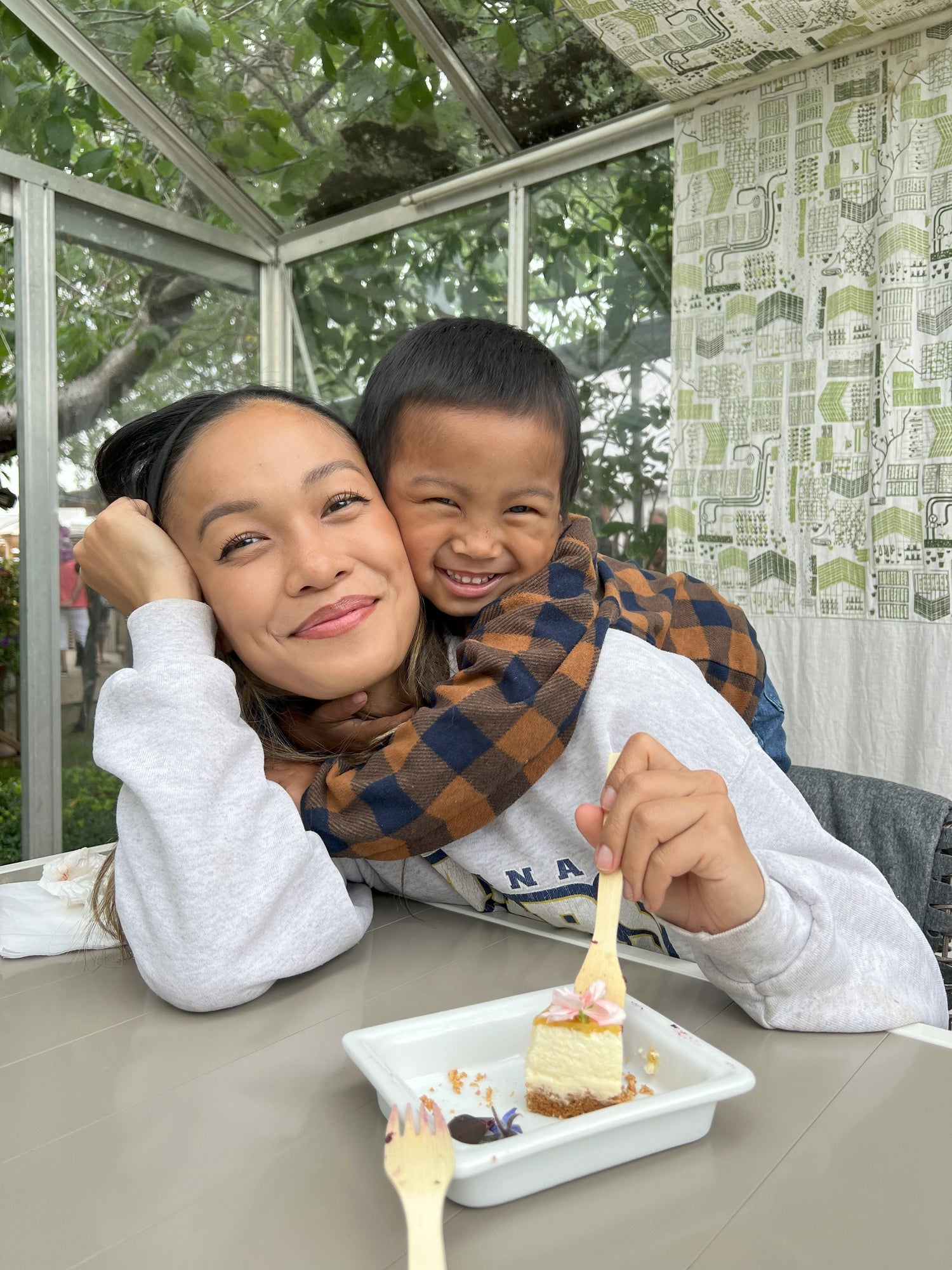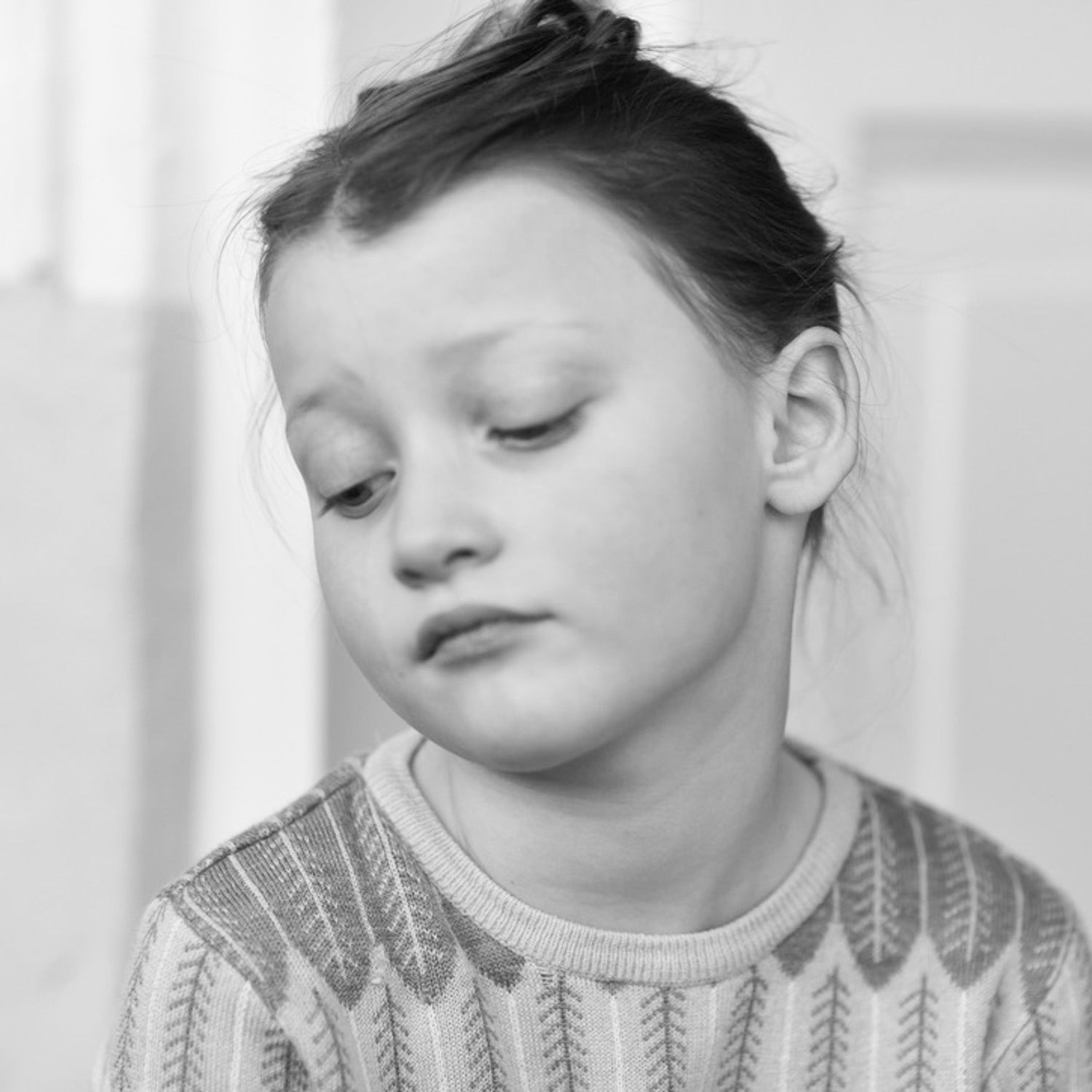Children competing is a sensitive subject. Especially when it's at a high level. A lot is at stake in every competition and a family spends a lot of time and money on the child's activity year after year, it may not be so easy to just stop from one day to another - as it may not be the whole world of children dealing with an activity one hour a week does. How easy is it for a parent to navigate? When should you push/push (everyone has setbacks...) and when should you realize that it's time to stop? How do you keep that balance when you have invested so much in the child's activity? Is it possible to know what is right and wrong?
Is competition always good?
There is a lot of talk about competitors and some preschools/schools even have removed competition and emphasizes participation as the important thing. Others believe that competition is part of life and it is just as well that the children learn it in safe ways - at school and in activities they have chosen themselves. Some children actually feel good about it and can be motivated to keep fighting with something they like.
Former NHL player Johnny Oduya believes that we adults are often the problem:
- It has almost become as if one person wins and then everyone else loses. I don't feel that way. I have lost a lot in my life. Hundreds of thousands of times more than I won. That's where the magic lies, and you have to take advantage of that, because it's actually nice. So, how do we teach children to deal with loss? And what happens to you as a parent? I don't think the competition itself is a problem but it is how we relate to it that is interesting. It is the parents' job to do, and if you as a parent are not able to deal with it purely emotionally - such as my daughter or son not being allowed to play in a team - then it is the parent's experience that affects that child. While the child itself may feel good about competing. I think we need to start having conversations about what happens to all parents when their kids end up on the bench.
Should we adults review how we react to the children's results? What signals do we give them? Those of us who have children who engage in an activity or two a week think it's fun but nothing more than that, maybe we don't think too much about this, but there are many children who get completely stuck in something and then it's only for the adults to come along for the ride (to the best of my ability) I suppose.

Children who compete at a high level
I exchanged a few words with a mother who partly competed in dance herself as a youngster and partly lives in the competition still, together with the daughter who follows in her footsteps. Their weekends are spent either training or competing (often in another location) and their weekdays are spent dancing - that is, all free time involves dancing. And the stakes are high – according to the mother, it's important to be on top all the time. Otherwise, it is difficult to get where you want to go. Other things like friends and other more spontaneous activities may come second.
- How long has your daughter been dancing and when did you notice that dancing meant more than a regular activity?
- She has been dancing since she was four, then of course it was mostly a game - something to do. At the age of 7, when her friend dropped out, I noticed how much fun she actually thought it was. At that age though, it was still on a fairly playful level but it didn't take many years before it became more serious. She cared much more about the dance than about school, for example. The dance played a different role, it became obvious. Today she is almost 14 and it would surprise me if she stops or lets something else take the dance's place. But of course I hope that I am open to the fact that if that happens, that I never attach any prestige of my own to it. It's her life, not mine. It is important!
- Is it difficult to maintain some sort of balance? Does she have days when she doesn't want to, or says she wants to drop out? How do you feel about it?
- It actually happens quite rarely, but of course it does sometimes! And sometimes I just feel "Now we're screwing this up! It's not worth it". I try not to push, but just positively encourage. It sounds very fast, of course I make mistakes sometimes. But it's important to me that she doesn't feel that I care about the results - that's it yet so many others do. Including herself. I try to be the safe harbor that she can land in.. But it's not easy! I've competed myself and know what it's like. Besides, she wants me to care . But yes.. the balance is important.. and to talk. We actually talk a lot about it, about the feelings around etc.! It might help, I think, if she ever wants to drop out - that she dares to trust her own feelings.

- Have you met adults who you think push the wrong way? That puts something on the children's shoulders that maybe shouldn't be there?
- Absolutely! But what I still experience is that both dance schools, organizations, associations and competition organizers do a lot to create a good environment for the children. There is, thank God, much that still protects children today. And coaches and other adults also talk to the kids. In any case, their well-being is usually the focus, according to my experience. Then you have met the occasional parent where you sense that there is pressure that I probably don't apply, but you don't know what is said at home, how the conversation goes.
- What do you think about those who question competing for children?
- I absolutely understand what they are saying! For example, I have friends who have children in a preschool where they removed contestants. It feels healthy, at least for the little ones. But in my case I didn't have a choice.. haha! I have been allowed to follow where my daughter takes me - she clearly shows that this is what she lives for, at least now. So then I think that I do the best to have a healthy relationship with the contestant myself. That I create something good for her in a rather competitive world.
Just as the mother in the conversation says, we think that the conversations are the basis of understanding oneself, knowing when enough is enough and also being able to express it. Emotion cards can help your conversations on track and support the children in becoming emotionally wise Read more here.




